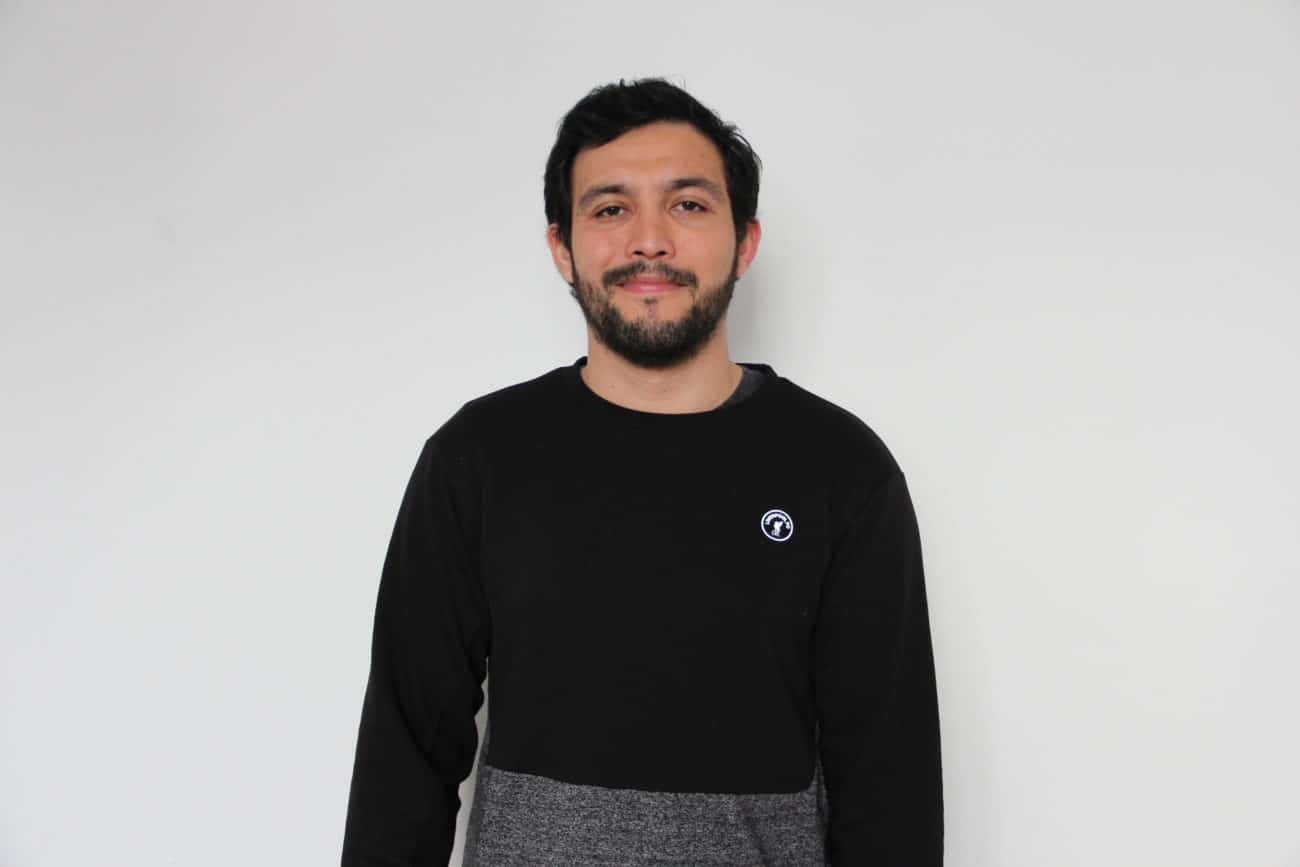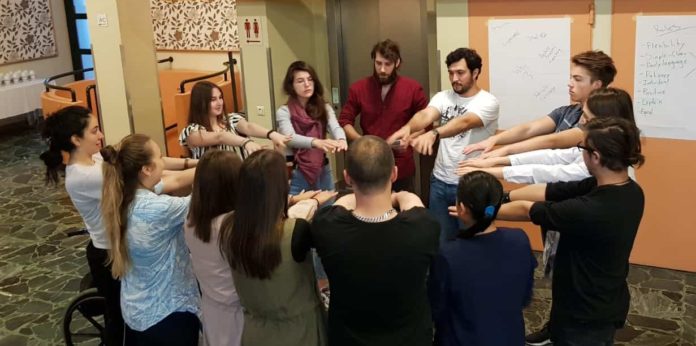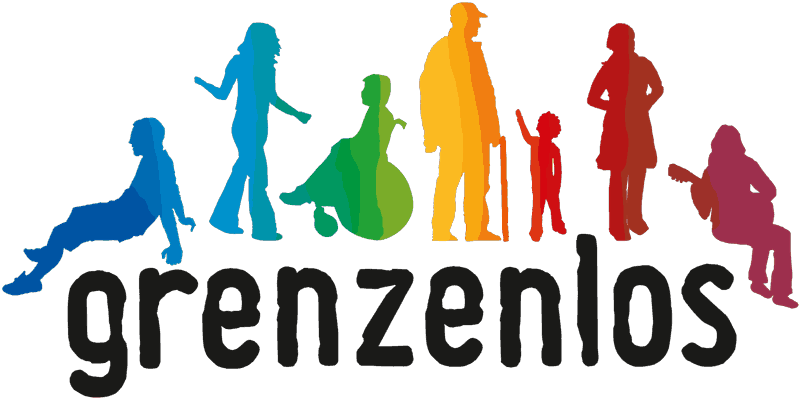Be Open for the Process
Who?
Name: Carlos
Experience: Co-worker at Grenzenlos
Carlos is a co-worker at Grenzenlos. He is responsible for hosting workcamps – so short-term volunteering projects – as well as trainings and seminars in Austria. He is also working with sending long-term volunteers to the countries outside the European Union. Basically his tasks are very diverse and he face the theme of non-formal learning all the time.
Learning plays a huge role in Grenzenlos: “When I started to work here, I immediately noticed that this is a place of learning by doing. We are open for the process, can do mistakes, learn from them and improve all the time. This applies to both Grenzenlos’ co-workers and volunteers.”
The learning that happens in volunteering programmes can be very diverse and personal. Everyone learns different things and it’s possible to learn from the project as well as from the other participants. “Our role at Grenzenlos is to support learning processes. We encourage volunteers, we can provide some methods, but we don’t give answers, we want to support everyone to explore one’s own personal abilities and skills. Volunteering is a great chance for young people to explore what is out there for them.”

Carlos mentions that volunteers might not recognize their learning while volunteering. “But then after coming back, you can start to notice all the new skills that you have, for example speaking in another language or improved aspects of social interaction. Sometimes it can also feel that some learning outcomes are not really useful or important, but then if you just give them a try, you can notice that they can be really valuable for the future. To make this learning more visible and to help people to acknowledge it, we focus on this topic very much in our returnee meetings.”
How can a volunteer learn as much as possible, then? Carlos has a simple tip: be open. “You can never know how your volunteering time will be. It can be just fantastic, it can be a lot of new experiences, but it can also be a bit challenging. It’s important to understand that all this belongs to the learning process and is necessary.” He adds that volunteering has two main aspects: how can I help and how can I learn from this. “I want to encourage people to consider the second aspect as well. Personally thinking, learning is one of the most important parts of volunteering.”
Listen more!












